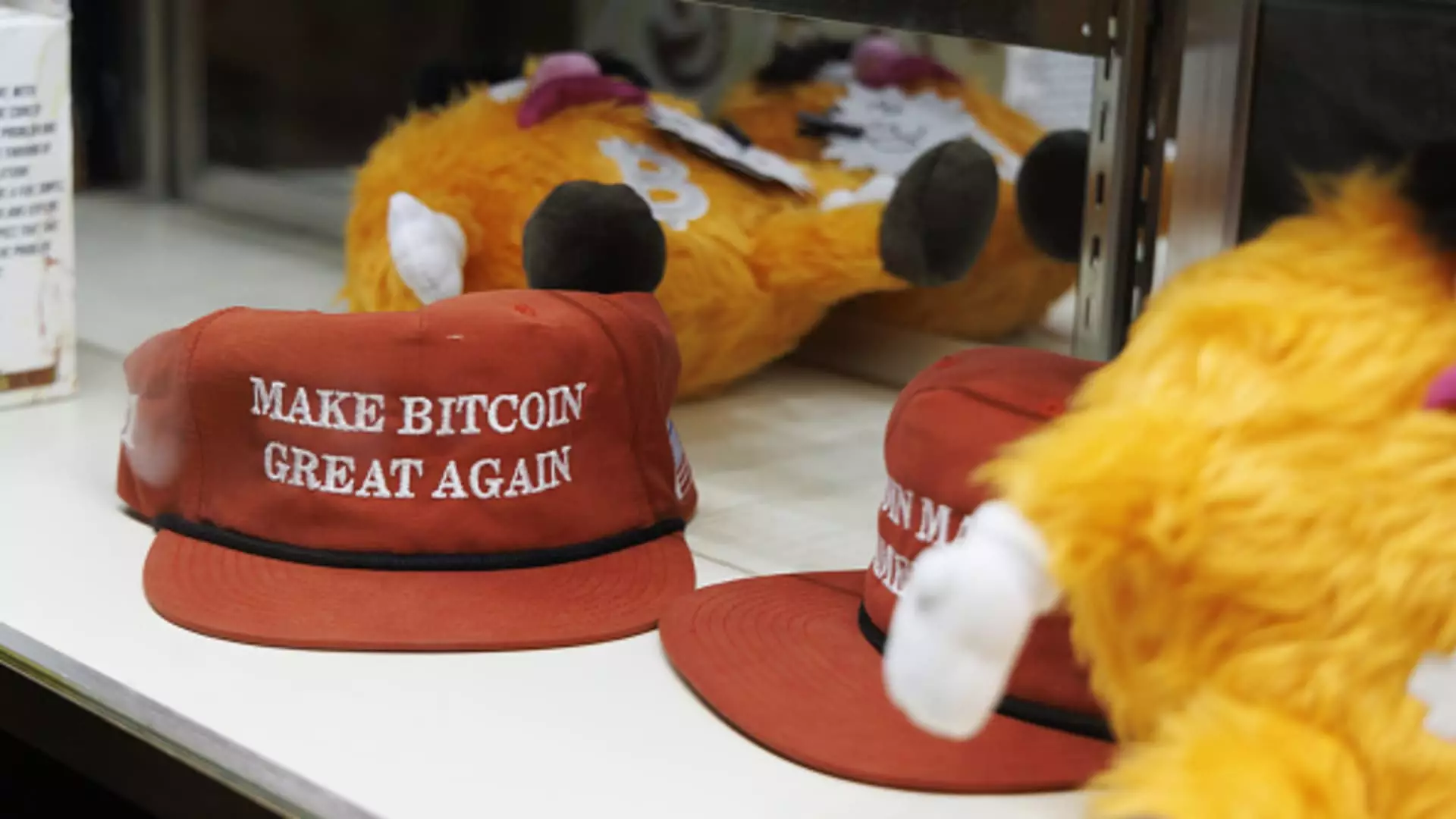As the 2024 election season accelerates, the influence of super PACs continues to reshape the political landscape, particularly in the realm of cryptocurrency advocacy. The leading pro-crypto entity, Fairshake, has emerged as a significant player, pouring an astonishing $29 million into campaign efforts in September alone. This financial onslaught underscores the urgent push to elect candidates who align with the pro-crypto agenda, marking a critical moment in the intersection of finance and politics.
According to data released by the Federal Election Commission (FEC), Fairshake is not just participating in the political arena—it is reshaping it. Allocating funds strategically, Fairshake disbursed $20 million to two affiliated PACs, with the bulk of it directed toward the Defend American Jobs PAC, a staunch pro-cryptocurrency organization favoring Republican candidates. This dual approach of supporting both parties indicates Fairshake’s intent to build bipartisan support that transcends traditional political divides. By strategically investing in candidates who champion blockchain technology, the organization aims to solidify a favorable legislative environment for the cryptocurrency sector.
The remaining $8.8 million spent primarily targeted competitive House races, particularly in battleground states such as New York, Nevada, and California. These investments aim to tip the balance in closely contested elections, reflecting Fairshake’s acute awareness of the electoral landscape’s nuances. With several races labeled as toss-ups by experts, every dollar spent could prove pivotal in electing pro-crypto representatives.
Pivotal candidates such as Southern California Republicans David Valadao and Michael Garcia have received significant financial backing, with contributions of $1.3 million and $1 million, respectively. This pattern of funding underscores the strategic importance of winning in areas where pro-crypto sentiment could sway electoral outcomes. Analysts underscore the importance of these races, noting that California, a hub for innovative technology and cryptocurrency firms, requires staunch advocates for pro-crypto policies to ensure a conducive environment for industry growth.
Furthermore, Fairshake’s contributions extend beyond Republican contenders. The PAC also made substantial investments in Democratic candidates like Rep. Patrick Ryan (NY), Rep. Steven Horsford (NV), and Rep. Angela Dawn Craig (MN), contributing to a more complex political narrative where pro-crypto candidates exist across party lines. This eclectic funding strategy enhances Fairshake’s broader influence within political discourse, signifying a deliberate effort to foster an environment where cryptocurrency is embraced, regardless of partisan affiliation.
While Fairshake’s influence is significant, it is essential to scrutinize its funding sources. The PAC experienced a decline in donations, raising only about $1.1 million in September. Notably, $800,000 came from Consensys—an organization grappling with legal challenges from the SEC—signaling a sense of urgency within the crypto sector to secure favorable political outcomes amidst regulatory pressures.
The financial muscle behind Fairshake represents a broader trend within the crypto industry, with donations from cryptocurrency companies comprising nearly half of all corporate contributions this election cycle. Such a financial landscape indicates a robust commitment from industry players to influence political processes, as they navigate an increasingly complex regulatory environment that could shape the future of blockchain technology.
The cumulative spending by crypto-related entities in this election cycle—approaching $190 million—highlights an unprecedented injection of capital into political campaigns. This escalation of monetary influence raises significant questions about the role of corporate interests in shaping public policy. As Fairshake and similar organizations immerse themselves more deeply into the political fabric, the implications for democracy, regulatory practices, and the future of cryptocurrency remain profound.
As the election approaches, the proactive strategies employed by Fairshake provide a window into how super PACs can craft narratives and influence election outcomes. The intertwining of money and politics in this context exposes both opportunities and challenges as the electorate navigates the rapidly evolving landscape of innovation and governance. The unfolding dynamics will undoubtedly shape not only the electoral results but also the regulatory terrain for the burgeoning cryptocurrency market in the years to come.


Leave a Reply